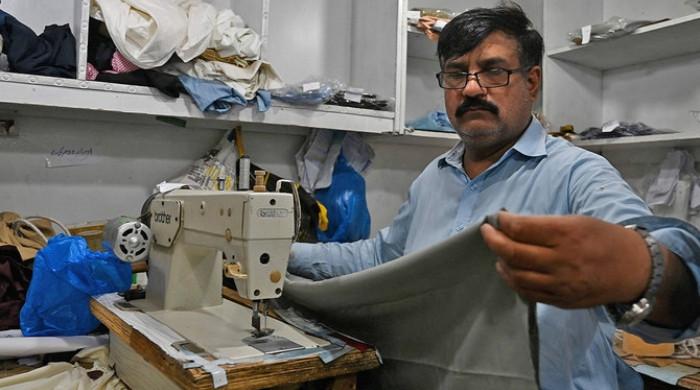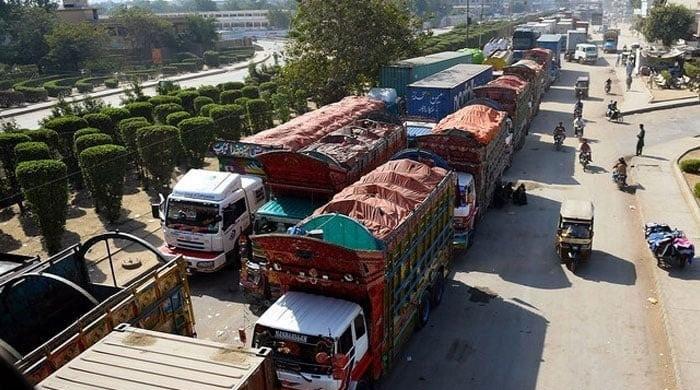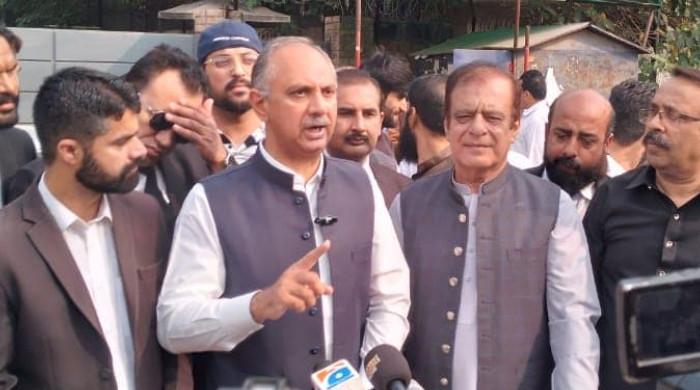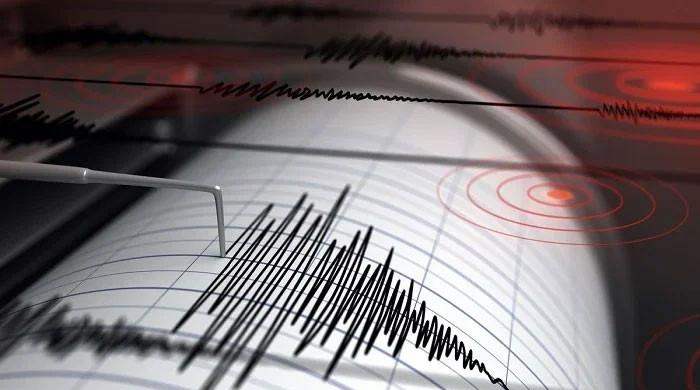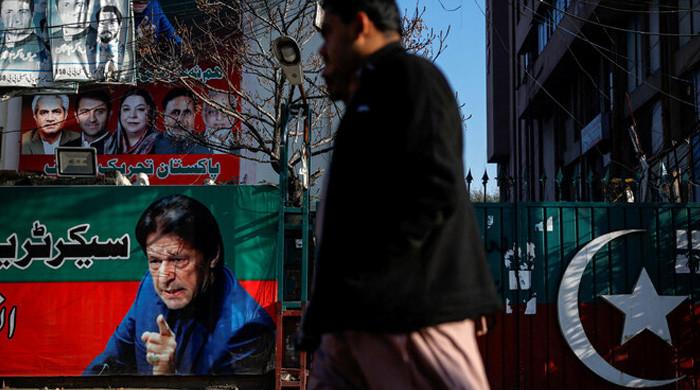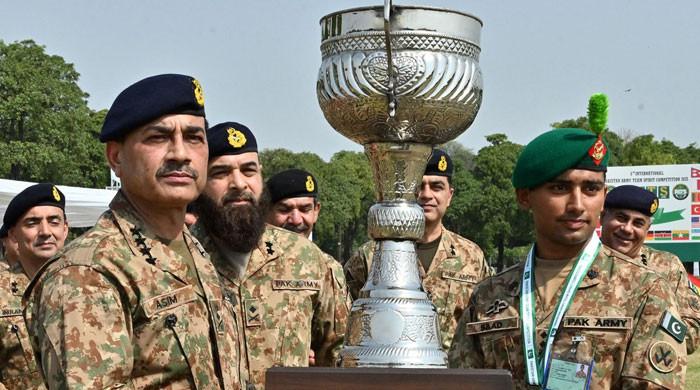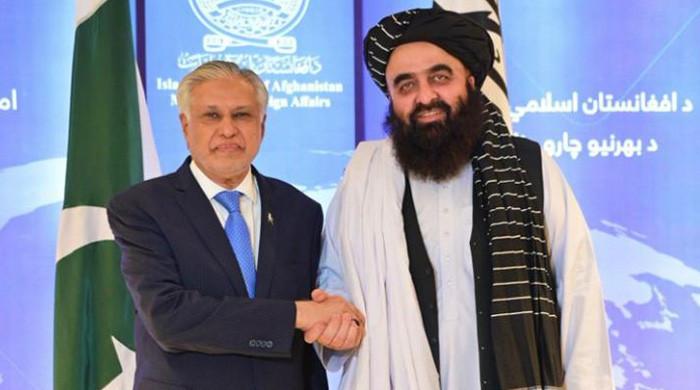World Bank appoints envoy to save Indus Waters Treaty
Two countries had approached World Bank to resolve issues regarding two hydroelectric power plants.
December 19, 2016
WASHINGTON: The World Bank has appointed an envoy to safeguard the Indus Waters Treaty (IWT) and help resolve the disagreements between India and Pakistan over the construction of two hydroelectric plants.
The two countries had approached the World Bank a couple of months ago to resolve issues regarding two hydroelectric power plants under construction along the Indus River system.
Pakistan objected to the projects saying that it would have an impact on the flow of Chenab and Neelum rivers.
The Bank, in return, had urged both the countries to agree to mediation in order to settle on a mechanism for how the Indus Waters Treaty should be used to resolve the issues. None of the parties agreed on one arrangement, and two separate processes were initiated.
The processes under the treaty concern the Kishenganga (330 megawatts) and Ratle (850 megawatts) hydroelectric power plants. The power plants are being built by India on, respectively, the Kishenganga and Chenab Rivers.
India then requested a neutral expert, while Pakistan called to set up a Court of Arbitration. Both requests initiated by the respective countries were advanced at the same time, but the Bank fearing that "a risk of contradictory outcomes could potentially endanger the Treaty," paused the separate processes last week.
The halt was announced by the World Bank Group President Jim Yong Kim in letters to the finance ministers of India and Pakistan, emphasizing that the Bank was acting to safeguard the Treaty.
It actually meant that the Bank had to hold off appointing the chairman for the Court of Arbitration or the Neutral Expert. "We are announcing this pause to protect the Indus Waters Treaty and to help India and Pakistan consider alternative approaches to resolving conflicting interests under the Treaty and its application to two hydroelectric power plants," the Group president said, adding, "This is an opportunity for the two countries to begin to resolve the issue in an amicable manner and in line with the spirit of the Treaty rather than pursuing concurrent processes that could make the Treaty unworkable over time."
Even though the matter has been directed back towards the two countries, the Bank has also decided to appoint an envoy to engage with both parties to bring them to the negotiating table, a senior World Bank official, who requested not to be named, shared the information with The News.
The official further said that the Bank president plans to send Ian Solomon as its representative to facilitate a dialogue between New Delhi and Islamabad.
"It still up to the two countries to mutually discuss and resolve the differences in accordance with the treaty," the official said, adding that the Bank had a strictly procedural role under the Indus Waters Treaty and the treaty does not allow it to choose whether one procedure should take precedence over the other.
The Indus Waters Treaty 1960 is seen as one of the most successful internationaltreaties and has withstood frequent tensions between India and Pakistan, including conflicts.
The Treaty sets out a mechanism for cooperation and information exchange between the two countries regarding their use of the rivers, known as the Permanent Indus Commission, which includes a commissioner from each of the two countries. It also sets out a process for resolving so-called “questions”, “differences” and “disputes” that may arise between the parties.
—Originally published in The News




